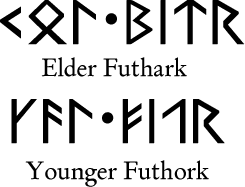There’s an interesting post by Idahosa Ness on learning languages orally over on Fluent in 3 Months today. It suggests that it is better to focus on listening and speaking until you have a good grasp of the pronunciation, rather than learning reading and writing at the same time. This can work even if you believe you’re a visual learning and need to have things written down in order to remember them.
Idahosa believes that you should concentrate on learning to recognize and produce the sounds of a language first, and on learning how they go together to form words and sentences. A knowledge of phonetics and phonology can help with this as it shows you what to do with your mouth in order to make the sounds, and this can also help you to recognize them. At this stage you don’t need to know how the sounds are represented in writing; in fact learning that can interfere with your ability to pronounce the sounds.
This approach seems to make a lot sense to me – I always spend lots of time listening to languages, sometimes before I even start learning them. So my listening abilities tend to develop more quickly and thoroughly than my other linguistic skills. Perhaps I need to spend more time practicing speaking as well.
One book which uses a similar approach to Idahosa’s is Blas na Gàidhlig: The Practical Guide to Scottish Gaelic Pronunciation, by Michael Bauer, which uses the IPA and lots of recordings to teach you the pronunciation of Scottish Gaelic, and only introduces Gaelic orthography once all the sounds have been explained.
The only language I’ve tried to learn mainly orally is Taiwanese. As Taiwanese doesn’t have a standard written form, I concentrated on learning to speak and understand it. I tried to learn everything orally at first, but started writing things down after a while to help me remember them. If I’d had something to record the things I was learning, I might have been able to dispense with the written notes.
Have you learnt or tried to learn a language entirely or mainly orally?

